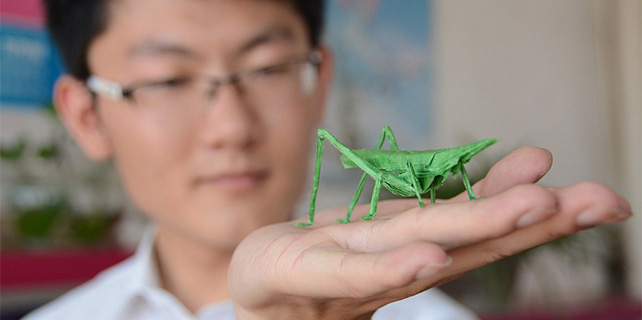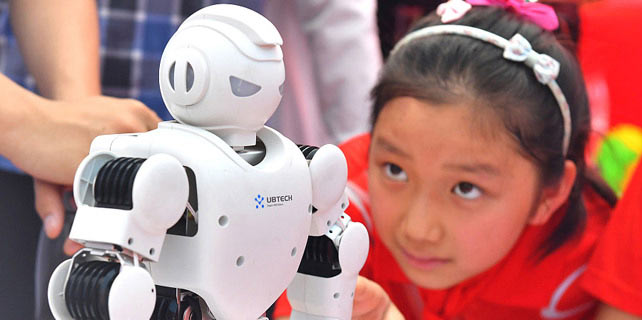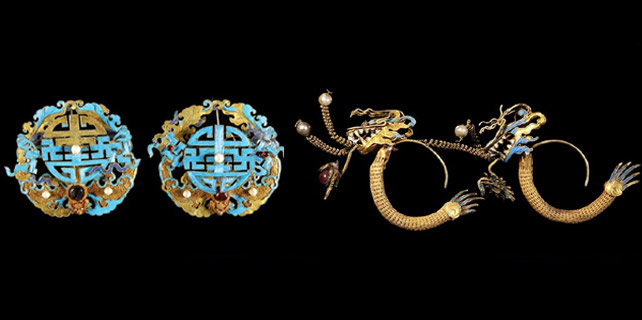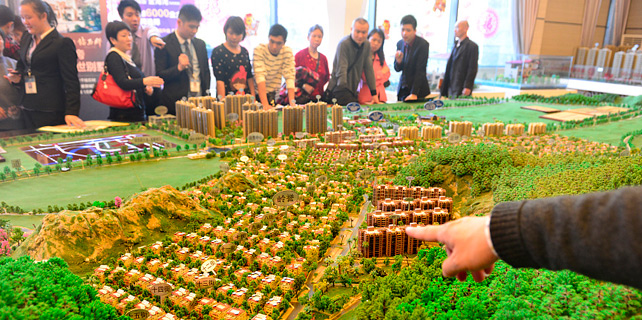Bringing Chinese civilization to the world
|
Ruth Hayhoe, professor of education at the University of Toronto, discusses China-Canada higher-education exchange at a symposium hosted by the Chinese consulate in Toronto on July 8. [Photo by NA LI / CHINA DAILY] |
Based on the core value of Great Harmony as a global vision, the Chinese higher education system sees its civilization as a treasure to share with the world, according to Ruth Hayhoe, a professor of comparative higher education studies at the University of Toronto.
The 72-year-old scholar, whose research has mainly focused on Chinese higher education and educational relations between East Asia and the West, made the comments at a Chinese-Canadian education symposium in Toronto on July 8.
In her book Portraits of 21st Century Chinese Universities: In the Move to Mass Higher Education she examines how China's universities have changed in the dramatic move to a mass stage which has unfolded since the late 1990s.
She finds that China's higher education system has affected the equity of student participation, especially among students from remote rural areas who never dreamed of the opportunity suddenly being able to attend universities.
"It has also affected civil society," said Hayhoe, "with students being so much more active in social and political affairs and having many questions that they want to raise."
Fluent in Chinese, Hayhoe has studied and worked in Chinese universities since the 1980s and has a deep connection with "Beida" (Peking University).
"One of Beida's missions is leading culture," she said, "so we called the chapter ‘Icon of Cultural Leadership'.
"Beida has the sense of responsibility to explain and carry forward China's classical culture," she added. "It has really maintained its role in leading the culture in its transformation."
Discussing Huazhong University of Science & Technology, whose campus Hayhoe had visited at least ten times, Hayhoe said she personally knew the legendary educator and former university president Zhu Jiusi, who passed away last year at the age of 100.
She said he integrated foreign studies including English, Japanese and German, and reached beyond a technological university curriculum to include more variety such as the history of science and journalism.
"This is why the students want to bring Chinese culture to the world, even when this is a technological university," she said.
Regarding the move to mass higher education around the world, Hayhoe said it is becoming "isomorphic" in the sense that every country wants to have global research universities and China is held up as a model that every country can follow.
"China managed to retain a diverse institution, and I think it is a very important and strategic thing," she said. "What I see in China is a kind of unity and diversity."
Based on core Chinese values, the Chinese university has a strong emphasis on integrating theory and a strong sense of moral purpose.
A Singapore intellectual was asked what China will bring to the world when China becomes the No.1 country in the world. He answered that China will bring its civilization, a treasure to the world.
"I think educators and universities should be on the world stage to bring in Chinese civilization," said Hayhoe. "It is a huge mission for us to bring and learn from the richness of Chinese civilization."
China and Canada have a long history of education exchange. University of Toronto (UofT) students were seen in China in the early 20th century and around the same time Chinese students started to attend UofT.
In 1962, before China and Canada had established formal diplomatic ties, Chairman Mao Zedong and Premier Zhou Enlai welcomed then UofT president Claude Bissell, who later extolled the promise of China's education system in the Western media. Since then, communication between the two countries' education sectors has been steadily growing.
"China has developed so beautifully in its higher education system, not only due to its own efforts, but also from external support," Hayhoe said. "Now it's time for China to give back to the world.
"Reciprocity and responsibility are very important core values in a university, not simply competing in the global knowledge economy so that graduates can get better jobs," she added. "We need a vision that responds to the needs of the global world."
renali@chinadailyusa.com
















